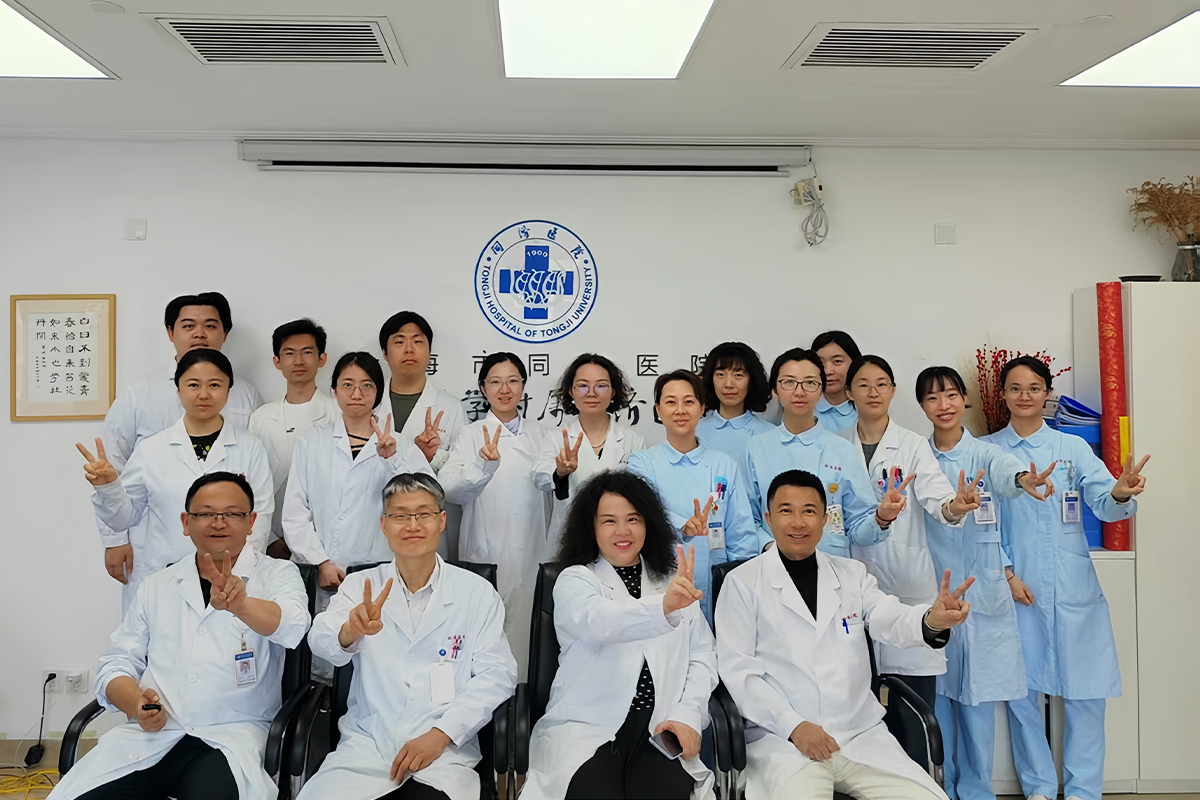China’s only XPRIZE Healthspan Top 40 team is aiming for regenerative interventions that could extend healthy lifespan to 150 years.
In partnership with our friends at TimePie, we are exploring the people, projects and perspectives shaping longevity innovation in China – a region where aging demographics, growing healthcare investment and rapid scientific advances are converging.
The global XPRIZE Healthspan competition has attracted more than 600 teams from 58 countries, all pursuing a single goal – interventions that meaningfully extend the period of healthy human life. Among the 40 semi-finalists is China’s sole representative, the Prometheus Cell Team, led by Dr Yi Eve Sun, a tenured professor at UCLA and director of the Stem Cell Clinical Translational Research Center at Tongji Hospital in Shanghai. TimePie sat down with Dr Sun to explore the science behind Prometheus Cells, the team’s vision for extending healthy lifespan, and what their XPRIZE bid could mean for the future of aging research in China.
Longevity.Technology: Longevity science in China may still be a young field, but it is maturing quickly – driven by robust national investment in biomedicine, a culture that values preventive health and an increasing appetite for cross-border collaboration. This is a country where genome sequencing can be completed in days, large-scale clinical cohorts are within reach, and state support often arrives in months rather than years; such advantages could allow Chinese teams not only to join the global conversation on aging science, but at times to set the agenda. Participation in platforms like XPRIZE Healthspan is more than a badge of international engagement – it signals an intention to contribute ideas, data and therapies that could reshape how the world thinks about growing old.
Stealing time for humanity
The Prometheus Cell Team takes its name from the Greek myth of the Titan who defied the gods to give fire to humanity, enduring nightly liver regeneration as punishment. “We chose the name Prometheus for two reasons,” says Dr Sun. “First, the god’s regenerative body reflects the extraordinary healing potential of the cells we are developing. Second, just as Prometheus stole fire, we hope our research can help humanity ‘steal time’ – not merely adding years to life, but adding life to years.”
Their approach is centered on reprogramming a patient’s own skin fibroblasts into “Prometheus Cells” – stem cell-like cells designed to modulate immune responses and promote tissue repair. The team is preparing for a clinical trial with 10 to 15 volunteers aged 50 to 80, pending ethics approval, and the study will involve two months of intervention and six months of follow-up, with results expected next April.
From neurodegeneration to aging
Sun’s interest in aging began with a clinical observation. “Someone might carry a mutation for Alzheimer’s their entire life, yet the disease only manifests with age,” she explains. This led her to hypothesize that biological aging itself drives neurodegeneration – and that making the body biologically younger could be more effective than therapies aimed only at symptoms.
Her thinking was influenced by Shinya Yamanaka’s Nobel Prize-winning discovery that mature cells can be reprogrammed to a youthful, pluripotent state, and by research showing rejuvenation in old mice exposed to young blood. But, she notes, these approaches are impractical or unethical in humans. Prometheus Cells – created by epigenetically reprogramming skin fibroblasts – are designed to deliver similar rejuvenating effects in a clinically viable form.
Early patient data suggest systemic benefits, including longer telomeres in immune cells – indicating a shift toward a younger immune profile.
Tackling aging from multiple angles
Reflecting on the diversity of the XPRIZE Top 40, Sun notes that “aging is too complex for any single solution to suffice.” She frames her approach through the “SEMI” model: senolytics, epigenetics, metabolism and immunology. Coordinated interventions across these domains, she argues, could alter the trajectory of human aging.
“If we can intervene effectively across these four domains, then aging may not be inevitable,” she says. Open to combining Prometheus Cells with other promising therapies, she views cross-disciplinary collaboration as essential.
From lab to life
For Dr Sun, progress in longevity science rests on three pillars: fundamental discovery, clinical validation and practical translation. Her return to China was partly motivated by the opportunity to bridge lab and clinic, as well as access to resources that enable commercialization – building a multidisciplinary team, securing intellectual property and preparing therapies for real-world delivery.
On a personal level, she advises people to bank their cells early, monitor their aging trajectory and maintain healthy habits. “Early action is critical,” she says. “Many aging-related changes begin long before symptoms appear.”
In a characteristically forward-looking comment, she adds: “If we’re going to Mars, we’ll need to age more slowly on the way.”
Cross-currents in longevity science
The Prometheus Cell Team’s place in the XPRIZE Healthspan semi-finals marks the diversification and internationalization of longevity research in China. Projects like theirs blend global science with local capacity, positioning China not only as a consumer of longevity innovations but also as a potential originator of therapies that could redefine aging.

